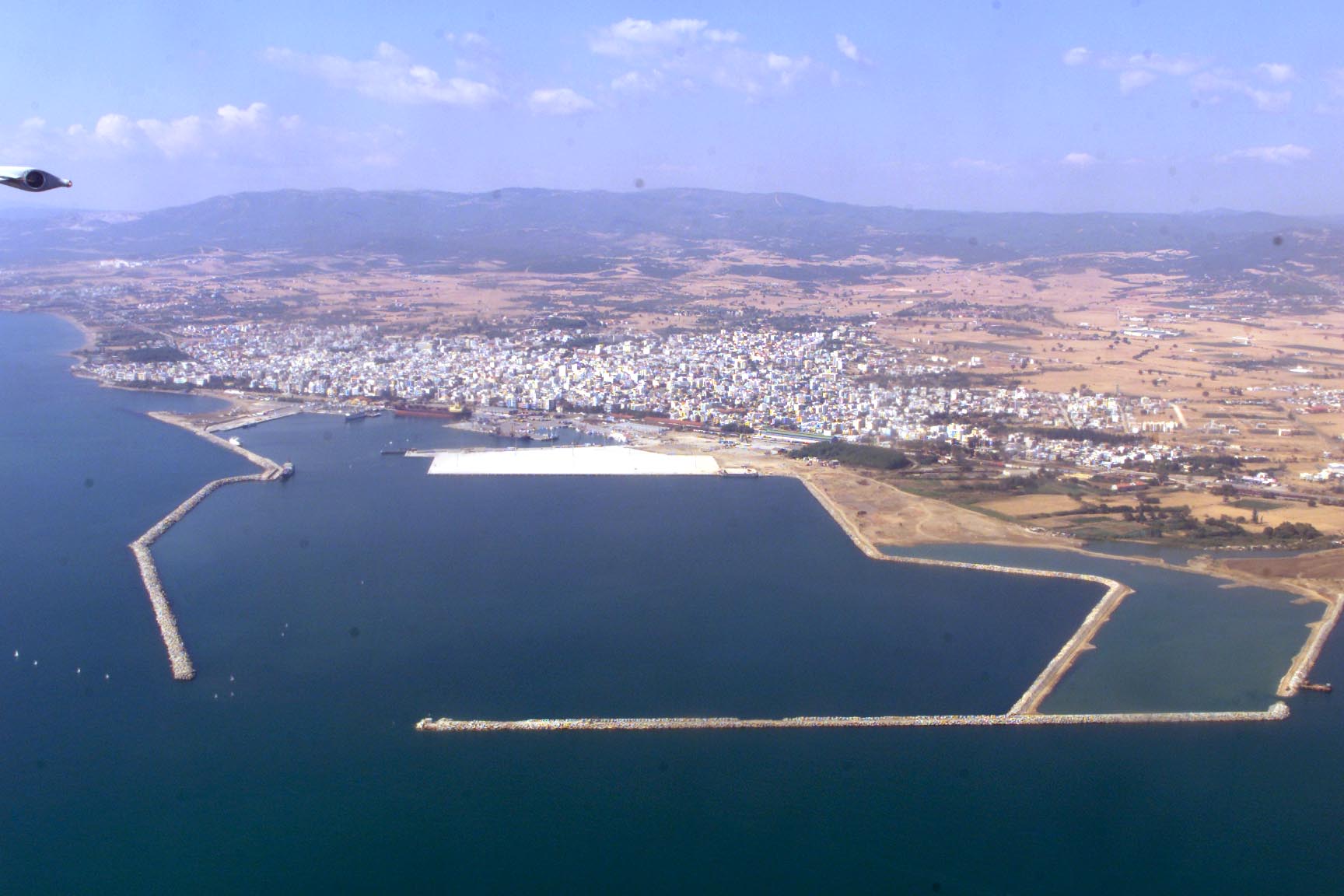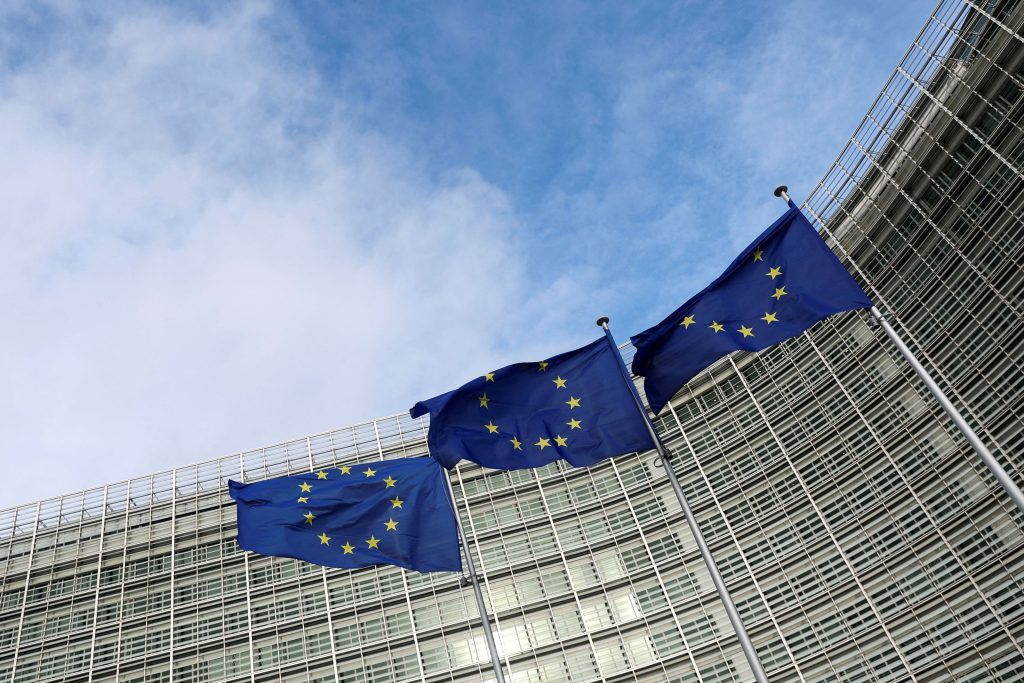Though there has been fiscal progress, growth remains anemic and cannot free up the country and its sorely tried citizens. Businessmen and bankers remain reserved.
In tourism, there is an increase in arrivals but tourism revenues remain on the same level. Next year, a possible decline in arrivals is expected, as neighbouring countries restructure their tourism industry. An increase in exports cannot cover the production void of the last eight years. Investment initiatives are not enough to create a current that could bring an economic take-off.
Well known bankers project that the 2018 growth rate with difficulty approach two percent.
The four systemic banks are sinking under the weight of non-performing loans (NPLs), worth about 90bn euros.
Sweeping restructuring forces
Soon, business loans will be sold at 20-30 percent of their value, which will bring an unprecedented wave of restructuring. Those unable to service their loans may lose their businesses.
In Greek economic history, it will be an unprecedented process of transfers of businesses. Domestic and foreign resources will be mobilised and free up the banks that remain bound.
In the three-year restructuring, on the micro-economic economic level, injections of growth will be needed. Companies that have changed hands must be cleaned up and review their operational cost. Jobs will be lost.
Russian interests, which treat the Balkans as vital space, do not coincide with those of Greece. They even use Turkey to control the Balkans and seek influence in Greece, to stop these openings of international and European paths, beginning with the Greek ports of Piraeus, Thessaloniki, and Alexandroupolis.
Antonis Karakousis




